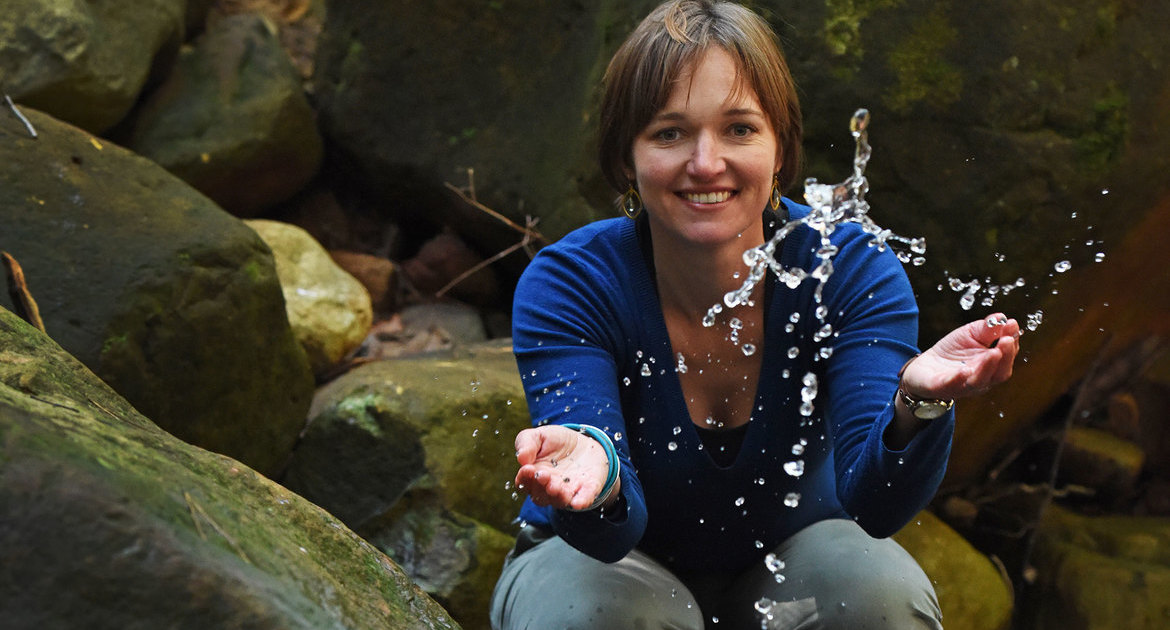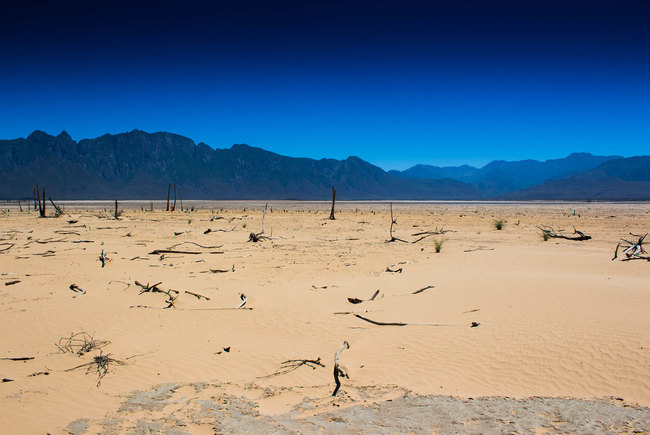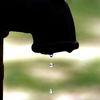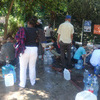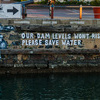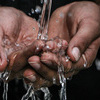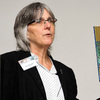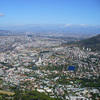Small-scale farming and agroecology
30 April 2019 | Story Ozayr Patel, Laura Pereira and Rachel Wynberg. Photo Abdullah Ampilan/Oxfam. Read time 7 min.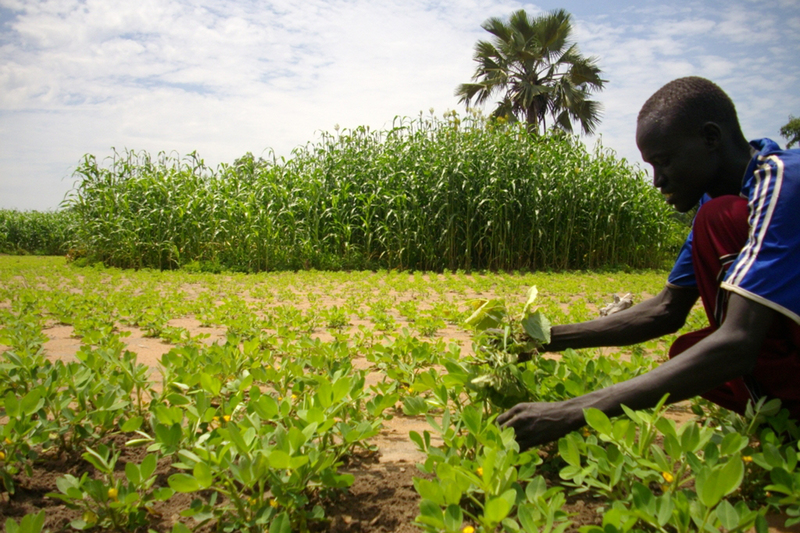
The intensive production of livestock, poultry, fish and crops, is environmentally damaging. This is because industrial farming can affect the soil, water and climate. The answer lies in promoting less intensive farming methods, known as agroecology.
In this week’s episode, Rachel Wynberg the bio-economy research chair at the University of Cape Town and Laura Pereira, a researcher at the centre for complex systems in transition at Stellenbosch University, look at what is agroecology and how it can make a difference. ![]()
Ozayr Patel, Digital Editor, The Conversation.
This article was published in The Conversation, a collaboration between editors and academics to provide informed news analysis and commentary. Its content is free to read and republish under Creative Commons; media who would like to republish this article should do so directly from its appearance on The Conversation, using the button in the right-hand column of the webpage. UCT academics who would like to write for The Conversation should register with them; you are also welcome to find out more from carolyn.newton@uct.ac.za.
For licensing information please visit the source website.
Cape Town water crisis
At UCT our researchers have been analysing the causes of the current drought, monitoring water usage on campus and in the city, and looking for ways to save water while there is still time. As part of UCT’s water-saving campaign, all members of the campus community are encouraged to reduce their water use by half, which will help Cape Town to meet its water-use goals and ensure a water-sustainable university in the future.

Use what you have before you take from others
At the start of South Africa’s National Water Week, Professor Neil Armitage looks at the City of Cape Town’s current and future sources of water.
16 Mar 2020

Peninsula Paddle: 10 years on
The upcoming Peninsula Paddle, in partnership with UCT’s Future Water Institute, will continue to challenge the City of Cape Town about the state of the city’s waterways.
12 Aug 2019

Managing the Berg River Dam overflow
Dr Kevin Winter, from UCT’s Future Water Institute, argues that the health of the Berg River Dam and river system requires a comprehensive monitoring plan.
30 Jul 2019

Lessons from a record-breaking drought
Multiple perspectives are key to building resilience according to Gina Ziervogel’s latest research into Cape Town’s water crisis.
24 Jul 2019








